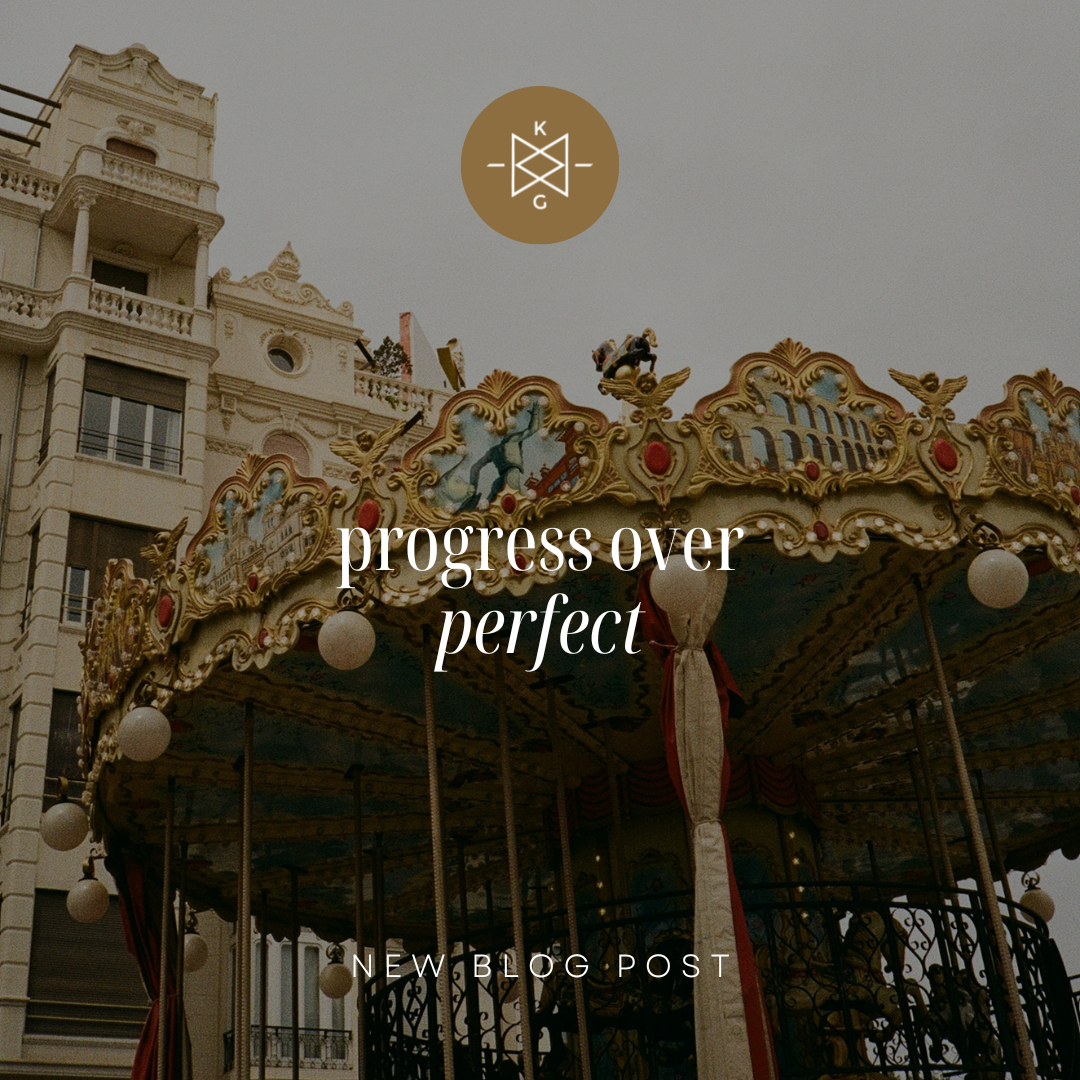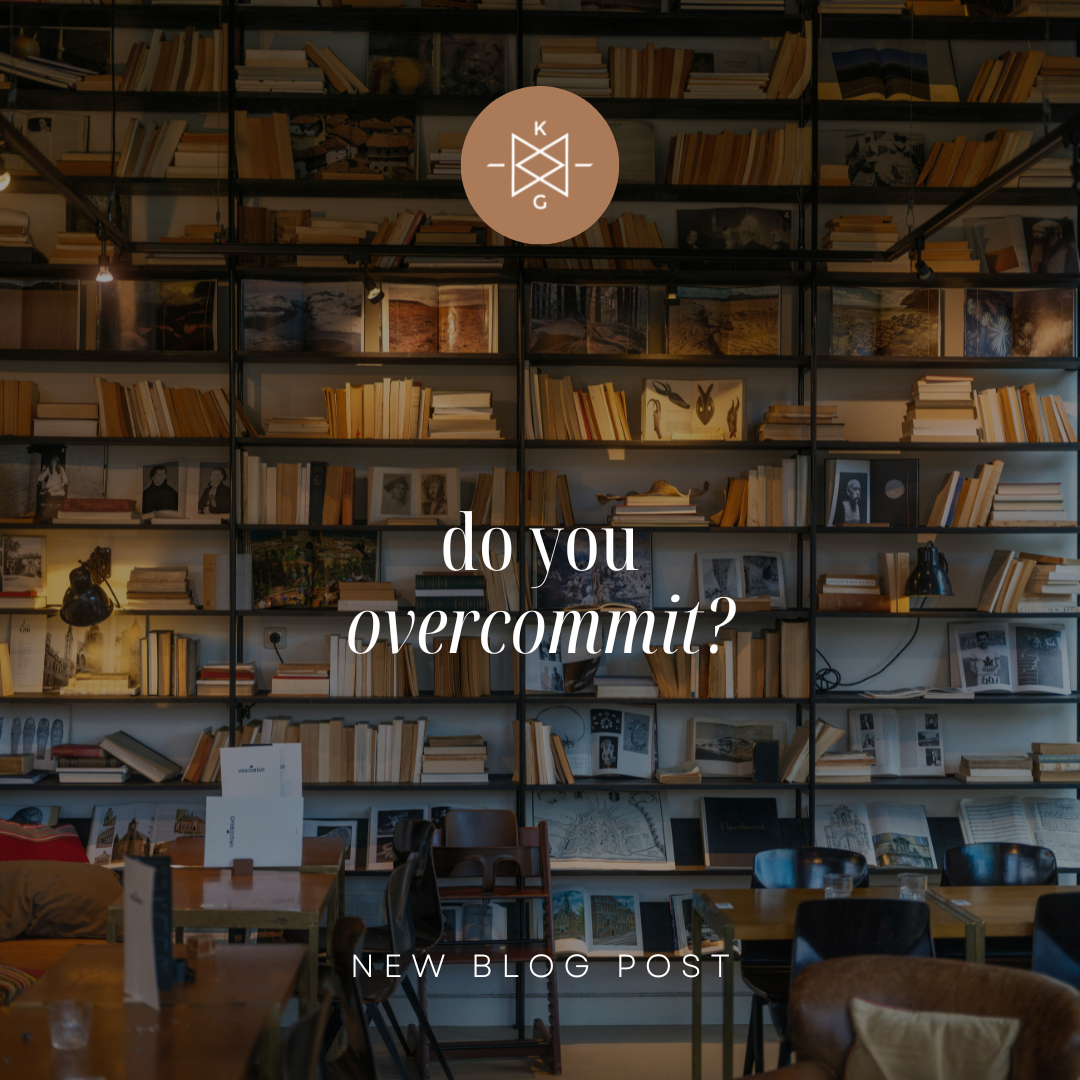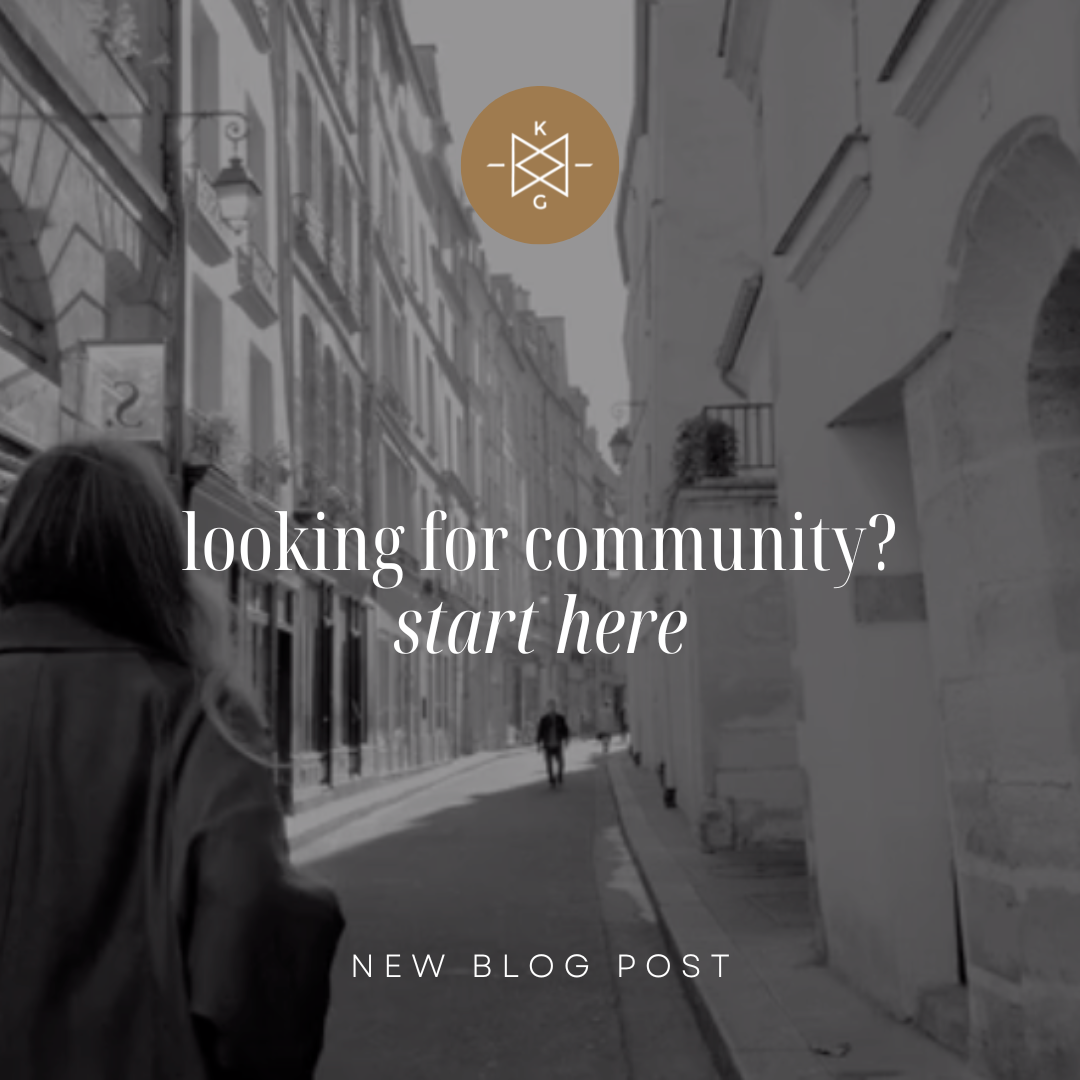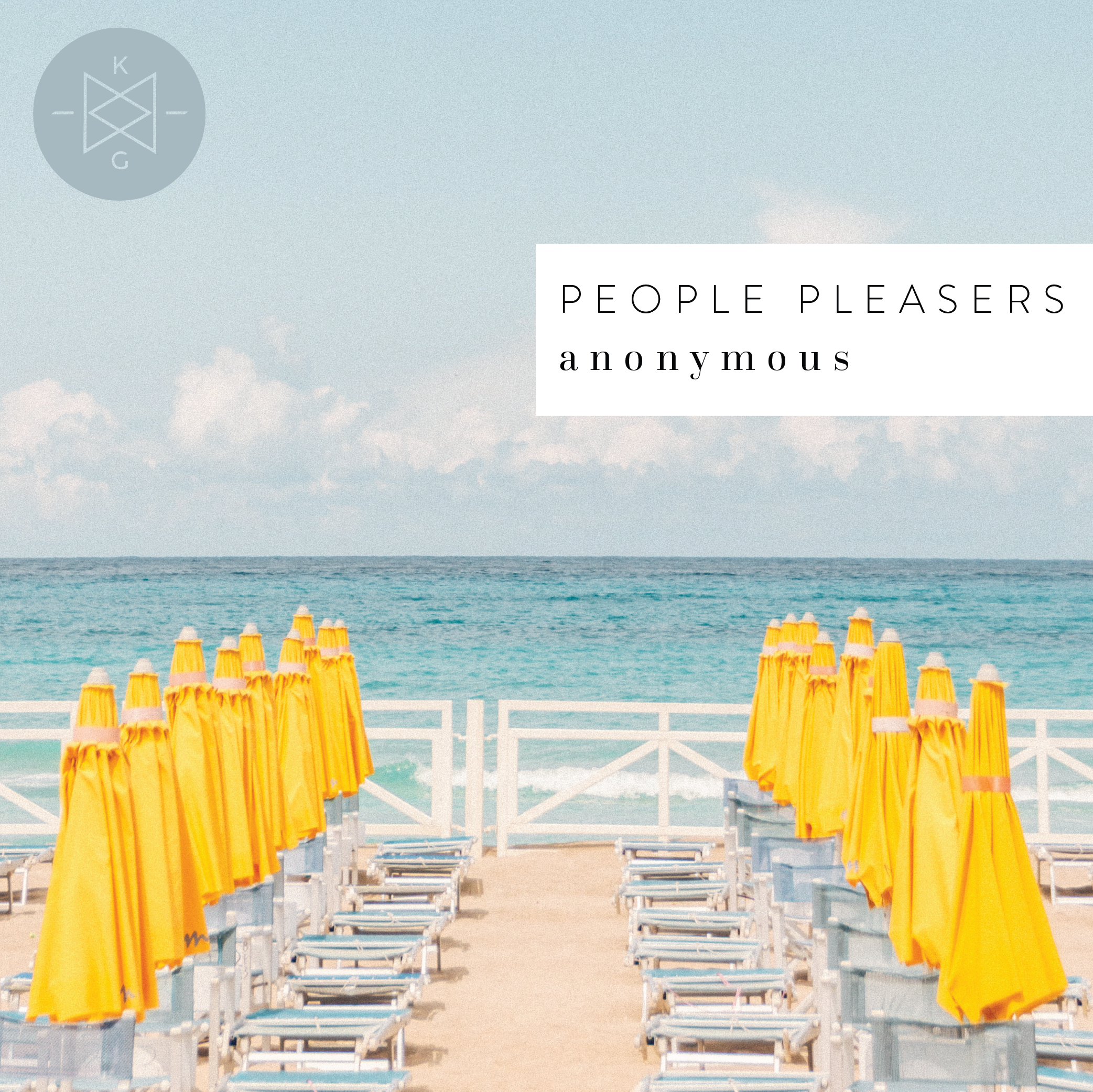
The Blog
Recently Featured
All Blogs
People Pleasers Anonymous
“No matter how difficult and painful it may be, nothing sounds as good to the soul as truth."
- Martha Beck
Are you a people pleaser?
I know I am. But I’m working on it.
And you know what? I think this whole topic of being one gets a bad wrap. We beat ourselves up for trying to shape-shift and accommodate, yet oftentimes, we never really had the chance to choose something different.
It’s rewarded culturally, relationally, and emotionally as the pay off is so BIG. We get to be liked. That’s a huge hit of dopamine to the system right there.
So why wouldn’t you be one?
Being a people pleaser is a learned skill, really. It can be baked into our personality type as well, so the skill forms unconsciously by learning what behaviors are praised by others around us growing up.
Some personality types have more of this tendency than others. For example, 2’s, 3’s, and 4’s are close to, if not at, the top as the heart types tend to be the most image conscious on the Enneagram. They depend on the opinion of others to give them information about how to be in the world. So they have to work a bit harder in order to balance out this tendency.
I believe any personality type can struggle with pleasing people to some degree, though. Beyond a type, we are humans and humans are in the big business of survival. I like how Lynda Roberts explains the ego. She says, “The ego is our survival strategy for planet earth.” Simply put, our ego helps us survive in a scary world.
If something has worked for you for a long time, it’s tough to suddenly shift gears. That positive feedback becomes so ingrained, it’s almost undetectable.
So what do we do?
I love what an old therapist of mine used to say, “People pleasing is really just lying.”
Ouch!
I’d never really thought of it that way before, but it makes sense. After reading Martha Beck’s latest book, The Way of Integrity, (which I HIGHLY recommend), I became so aware of how unhappy we are in life when we are not in integrity with our truth. Essentially, when we aren’t telling the truth, we suffer.
So, as I’ve started to become aware of my own subtle tendency to people-please, I now see it as not telling the truth, and as a result, damaging my life and the person I’m lying to in the name of being sweet.
I’ve become more comfortable with saying “no” as a complete sentence as well as using responses such as, “I don’t know,” and “Let me think about that,” or “That doesn’t feel true for me.”
If you’re a people pleaser, I challenge you to adopt these small movements, because over time, I believe they get us closer to where we ultimately want to be…home to the truth of who we are.
The Art of Unbecoming
“Maybe it's about un-becoming everything that isn't really you, so you can be who you were meant to be in the first place."
- Paulo Coelho
What if the real way of personal transformation is more about subtraction than addition?
What if, instead of white-knuckling our way through life, straining to gain more and more self-worth, meaning, and fulfillment, we could find a release in letting go?
When we use the Enneagram for deepening self-awareness and understanding, part of the special sauce includes unlearning—unbecoming the conditioned self or ego.
Sounds a bit wacky, right? I know...but doesn’t it also bring a bit of relief?
Part of the reason we get stuck in the first place is by living out of old, broken narratives that don’t fit and aren’t true for us anymore. Sure, they may have made sense to us early on in life when we were trying to navigate how to show up and be accepted in this world. Yet, as we mature and become adults, life becomes more complex—more nuanced.
The black and white stories of our youth won’t suffice in a world full of grey.
Consider this, the Greek word for “personality” is persona, meaning “mask.” Isn’t that interesting? This helps me understand just how much we wear our masks of personality in order to protect our true identity, or the more vulnerable parts of ourselves we aren’t too sure about.
I mean, what if I were to truly be seen for who I am? I could be rejected, found out, for the fraud I really am?
As an Enneagram four, I’ve had that thought more times than I care to count.
The great news is our Enneagram type actually helps us identify the personality story we’ve been living out of for better or for worse. By learning and understanding what that is, we bring more self-awareness into our moment by moment experience, allowing us to slow down our process and respond to life’s curve balls rather than reacting to them.
As we slow that process down, we can choose something novel, something different—and better. We can un-become the limiting parts of our stories that were written a long time ago and desperately need editing by our adult selves.
What parts of your personality story keep you stuck? What areas in your life do you long to unlearn—to release?
Simply start there. And ask yourself, “What would my life look like right now if I didn’t believe this story?”
Want to dig a bit further? I’d love to be your guide….
Tiny Changes, Big Results
“True life is lived when tiny changes occur.”
- Leo Tolstoy
You’ve heard the saying, “Rome wasn’t built in a day.”
So why have these crazy unrealistic expectations of ourselves?
I have thoughts on this.
For most people, extremes are easier than balance. Unless we’ve arrived in the vibrant land of Growth Mindset, we tend to get stuck in the purgatory of all or nothing.
Black and white, dualistic belief systems keep us stuck in the rigidity of a fixed mindset.
Here’s an example most of us can relate to. You’ve indulged in way too much of Jeni’s Salted Caramel ice cream. I mean holy dairy that stuff is like crack. You’re feeling the sugar coma set in along with a delayed wave of shame and a stomach ache.
So you beat yourself up and swear you won’t touch it again for the foreseeable future. In fact, you’ve been flirting with the idea of going Keto so this is your shining opportunity.
Sound familiar? Or am I the only one who loses all self-control in the face of temptation?
That type of all-or-nothing behavior is baked into our DNA as humans. Opening up to a growth, or responsive mindset rather than a reactionary one typically must be learned.
And yet when do we actually learn this mature approach to self-development? It’s something that has been a powerful exploration in my life as I’m a total perfectionist in recovery.
A growth mindset is all about both/and.
A fixed mindset is all about either/or.
A growth mindset says, "I ate too much ice cream, I’ll choose something healthy for dinner.”
A fixed mindset says, “I ate too much ice cream. I’m going to go run six miles to burn it off.”
One feels kinder, more spacious…and more balanced. Unless you really just love running 6 miles with a belly ache.
A growth mindset also is built on the firm foundation of consistent, small changes over time. It allows for doable goal setting and implementation rather than extreme makeovers in less than a week. Why? Because that kind of hustle can’t ultimately be sustained. It will likely throw us back into a yo-yo approach to relationship with self and others.
Just like when you board a plane to LA, if the pilot is just two degrees off in navigation, you’ll likely end up in Seattle. Tiny shifts, over time, create big results.
What are some desired outcomes you’d like to see in your life right now? Give yourself plenty of time to get there and break it down into bite-size changes that will help you get there.
As always, I’m here for you if you need a little extra support on the journey.
The Enneagram as a Holistic Tool
- Harbhajan Singh Yogi
One of my favorite things about the Enneagram is its holistic capacity to bring balance and integration to our overall experience. I’ve heard it described as a psycho-spiritual tool, one that provides benefits on a psychological and spiritual plane. It definitely does this. However if we dismiss the rich insight the Enneagram provides to us on a somatic level, we are missing out on the gifts it brings to our physical wholeness day after day.
You may have heard about the concept of three intelligence centers—body, heart, and mind—frequently taught in Enneagram circles. Basically, this proves that we are actually three-brained beings (heart, body, mind) instead of one-brained beings (mind), as has been elevated in our western modern world. Recent scientific studies are finally catching up to this ancient wisdom of the Enneagram by proving we have neural cells not just in our brains, but in the lining of our stomachs and hearts. Crazy, right?
So why does this matter to you and me? Excellent question.
It matters because depending on your Enneagram type, you experience the world most vividly through one of these intelligence centers. Eights, Nines, and Ones—through the body center of intelligence, Twos, Threes, and Fours—through the heart center of intelligence, and Fives, Sixes, and Sevens—through the head center of intelligence.
Whichever triad you fall into is like your home base, or go-to intelligence. Of course we have all three, however one is dominant.
This is good information because it also informs where we may be out of balance. As a type four, I tend to be a little too governed by my feelings. I can’t feel my way to a deadline. I need to bring in agencies such as fact-checking and action in order to round out my squishy over-identification with feelings.
The Enneagram is all about bringing balance and openness where there is imbalance and contraction.
When we do the work of the Enneagram, we discover our personality type and deeper character structure are held into place by our type’s emotional patterns, thought patterns, and somatic profile. I love getting to work with clients to bring awareness to this unique type-specific picture and begin to relax these often limiting patterns. As we relax those conditioned patterns, we are able to open up to the true, or unconditioned self that has been buried under years of habit and automatic behaviors.
Do you long to experience a more embodied, balanced life? If so, you’ve come to the right place.
My Cancer Story: Part Two
“No one can listen to your body for you. To grow and heal, you have to take responsibility for listening to it yourself.”
- Jon Kabat-Zinn
It’s been almost two months since my bi-lateral mastectomy and reconstruction…or partial reconstruction I should say. Both surgeries went great totaling 5.5 hours and that glorious anesthesia I told you about in part 1. However, the recovery isn’t so clean cut…up and down at it’s best. And I’m an Enneagram 4, so that’s saying something.
I’ll admit, I went into these surgeries a bit cocky. Leading up, I would jokingly say to friends who asked how I was feeling about it all, “Oh, I’m good! I mean, it’s not everyday insurance will pay for a boob job!” (Which I’ve never even considered…I’d much rather spend the money on travel, shoes, or art.) With my self-preservation dominant subtype, I tend to walk through suffering with a fairly smooth exterior and a torrential interior. The insides don’t always match the outsides. When faced with a crisis, I go into over-functioning mode with a heaping tablespoon of optimism.
Busyness, family time, work, and exercising have kept me sane. Oh, and antidepressants I’d been prescribed about 8 months earlier for an out-of-left-field anxiety invasion.
Sidenote: I’m a firm believer in natural or alternative interventions such as meditation, movement, self-care, and especially therapy. Yet when all else fails, I’ll take a pill. I’m not precious about this, simply practical. If there is help to be had, I want it.
The anxiety I’d experienced was hormone related. It would surge in my body at random times throughout the day in tidal proportions. Yet, nothing was actually wrong. I wasn’t fearful in my life. After a week of sleepless nights, I reached out to my psychiatric NP and lots of trial and error later, we landed on the right medication. I can fake it through anxiety, but I am a you-know-what-without sleep.
Little did I know that 8 month later, I’d find a lump in my breast that was cancer. The cancer was comprised of these hormone receptors that they test you for in the biopsy. Mine ended up being estrogen and progesterone positive—HER2 negative. Suffice it to say, an apparently hopeful outcome that directs the next steps in recovery. So, it’s all connected, friends. Our bodies and emotions are basically enmeshed.
Am I saying that if you struggle with anxiety you may have cancer?
No.
This part of my story is more about listening to your body and all the intricate things she’s trying to say. I knew deep down that the anxiety I’d experienced was hormonal because it was so physical and not an indicator of anything provoking in me.
Deep down, I listened to the wise words of my weary body. “You’ll be okay. This stuff will pass. All of your hard work and self-care will support this process. Now it’s time to wait.”
It’s like my body was pre-grieving the cancer, the loss, and the change.
Learning to listen to my body over the years is perhaps the most important piece of inner work I’ll ever do. When I found that lump, I listened to my body say, “this is serious,” yet I waited three months to get into the Breast Specialist to have it biopsied. Thankfully, it was still early on, stage 1, when I was diagnosed, however I cringe to imagine a different turn of events had it not been detectable to the touch.
Which brings me to the most disconcerting piece of the story. I had a mammogram in September of 2020. It didn’t detect the cancer. I had another ordered by my OB, more of a diagnostic one. It also didn’t detect the cancer. Did you just lose your jaw? You’re not alone. I burned with hot shock and awe after learning of this. Thankfully, the diagnostic ultrasound clearly identified it.
If you’re reading this asking yourself, “Isn’t that why we get mammograms? To check for disease, most commonly, cancer?” An appropriate question. And apparently there are exceptions to the rule.
We must stay connected to our bodies and in doing so, listen to what she is saying at all times. A mammogram is only the first line of defense. We are tasked with the lifelong assignment to advocate for ourselves and our bodies at every turn. The healthcare system is limited and simply can’t do our work for us. So ask lots of questions and do self-exams regularly.
My PSA to you: If you have a family history of breast cancer (especially on both sides like myself) or find any lump-like mass, big or small, go get a mammogram and ask for an ultrasound. I’d also recommend taking the genetic test that detects gene mutations that make you more prone to developing cancer later in life.
Bottom line: You are your most valuable advocate. Your body will not lie to you.
The first two weeks post-op were brutal. Since the plastic surgeon wasn’t able to go direct-to-implant which he’d initially planned on doing, he put these clunky expanders below the skin and muscle of my chest. I felt like I had a wooden bookshelf lodged inside. It made sleep and movement of any kind painful and awkward. They also put these grenade-like drains inside that collected blood and fluid from the surgery site. I couldn’t bare to look at my body. When I did, I saw a foreign form—concentration camp-like—staring back at me. It was as if part of my femininity had died.
I vacillated between Percocet, Advil, and Tylenol for the pain. Sleep was impossible. And worst of all, I couldn’t pick up my 20-month-old son for a month or more.
There was plenty of silver lining: I felt beyond loved, supported, and encouraged by an outpouring from my family, friends and community with well-wishes, prayers, meals, and texts. This flood of kindness carried me through those first two-weeks and beyond. Thank you, again from the deepest part of my heart. To my husband, Daniel, you are a picture of loving-kindness, commitment in the tough times, and a servant’s heart. I’ve seen you selflessly shine in the most beautiful way through it all.
I now know I won’t have to have another surgery like they’d initially thought to graft healthy skin where an eschar, or dying patch of skin had developed...praise the Lord!
I will have to undergo intravenous chemotherapy in a few weeks, though. I’d hoped to avoid it, however I’m apparently at high risk for the cancer to come back later on, even though it was removed. Genetic testing proved I’m not out of the woods yet. I’m not looking forward to this, however I know it’s the right course of action to take. I’m praying the side effects will be minimal.
Once I’ve completed three rounds of chemo, the plastic surgeon will gradually complete the reconstruction and I’ll walk free. The process will take a full year, longer than I’d like, as so many things do in life. I’ve come to appreciate each stage of the process, actively waiting for my body to continue to speak. She’s craving movement, stretching, rest, and kindness at the moment. As a grateful tenant, I’m happy to oblige.
I’m a healthy, active, young (ish), non-smoker. I take pride in my self-care. Because of these things, the recovery beyond that first two weeks was fairly fluid. The story might have had a much different outcome had I not been so committed to this path of self-compassion and care.
This chapter of my life will come to an end.
And yet life will always harbor new pain. We’ll never fully be free from that reality. It’s the suffering, or story we make up about our pain, that’s optional.
Pain grows us up, humbles us down, and gives us new perspective and meaning. That meaning, if we’re willing to tease it out, is the stuff of spiritual transformation.
And so, thank you, Cancer. You’ve been a rigorous and thorough teacher and you’re not done yet. But it is time to get on with the rest of the story…
